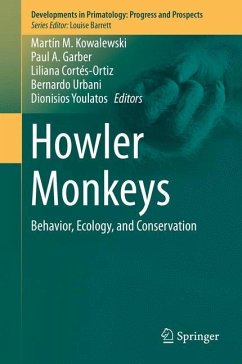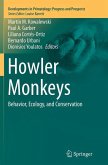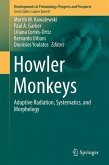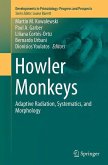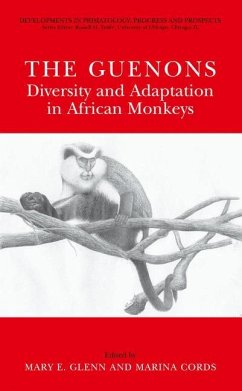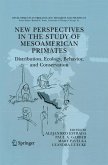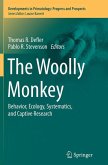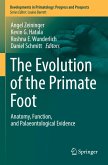Howler monkeys (genus Alouatta) comprise twelve species of leaf-eating New World monkeys that range from southern Mexico through northern Argentina. This genus is the most widespread of any New World primate taxa, and can be found to inhabit a range of forest types from undisturbed rainforest to severely anthropogenically impacted forest fragments. Although there have been many studies on individual species of howler monkeys, this book is the first comprehensive volume to place information on howler behavior and biology within a theoretical framework of ecological and social adaptability. This is the second of two volumes devoted to the genus Alouatta.
This volume:
· Examines behavioral and physiological mechanisms that enable howler monkeys to exploit highly disturbed and fragmented habitats
· Presents models of howler monkey diet, social organization, and mating systems that can also inform researchers studying Old World colobines, apes,and other tropical mammals
These goals are achieved in a collection of chapters written by a distinguished group of scientists on the feeding ecology, behavior, mating strategies, and management and conservation of howlers. This book also contains chapters on the howler microbiome, the concept of behavioral variability, sexual selection, and the role of primates in forest regeneration.
This volume:
· Examines behavioral and physiological mechanisms that enable howler monkeys to exploit highly disturbed and fragmented habitats
· Presents models of howler monkey diet, social organization, and mating systems that can also inform researchers studying Old World colobines, apes,and other tropical mammals
These goals are achieved in a collection of chapters written by a distinguished group of scientists on the feeding ecology, behavior, mating strategies, and management and conservation of howlers. This book also contains chapters on the howler microbiome, the concept of behavioral variability, sexual selection, and the role of primates in forest regeneration.

